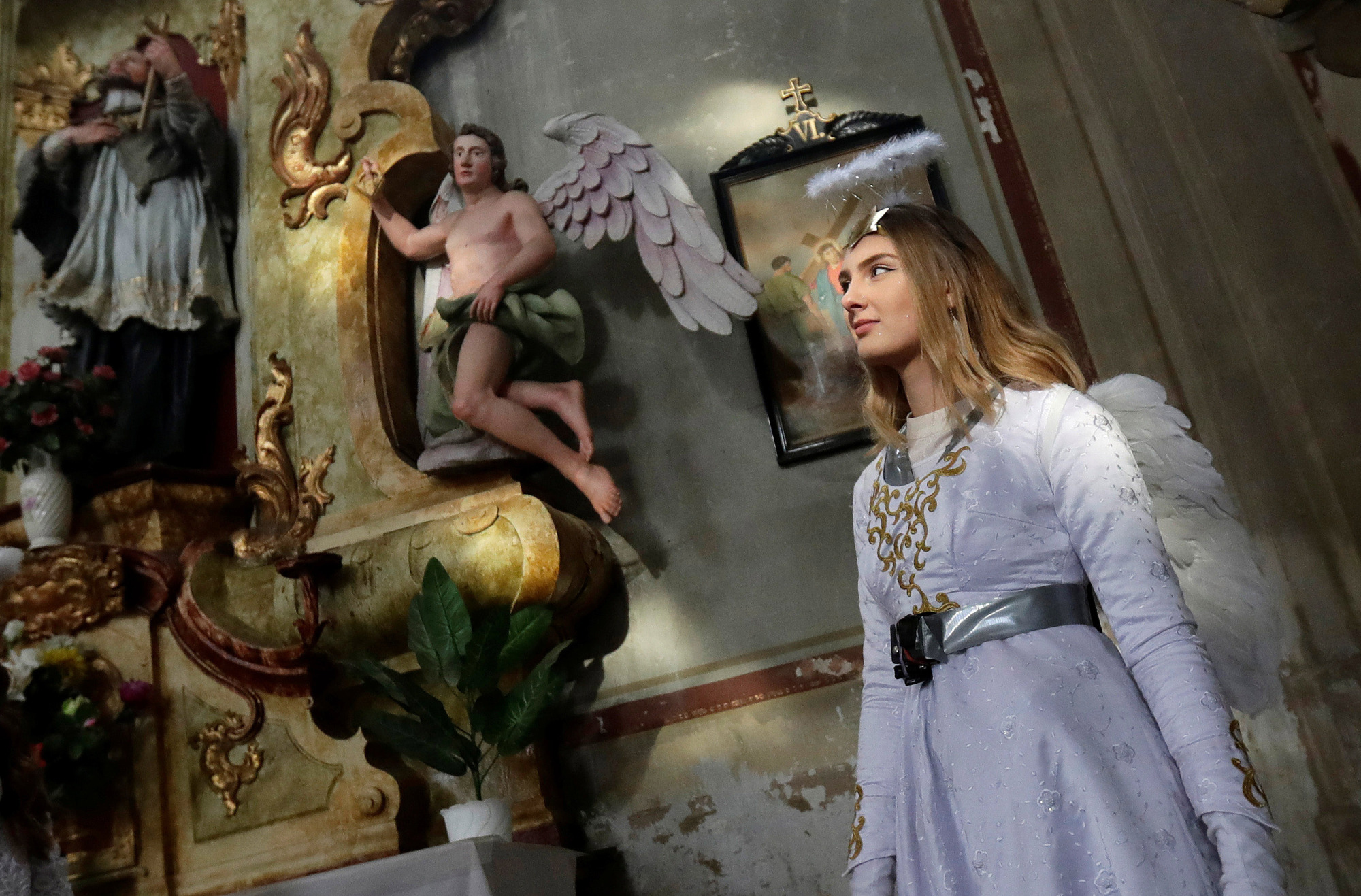Christmas is invariably the time for a grouch that neither Christ nor mas(s) feature much in a festival meant to rededicate Christian believers to the worship of the son of God. Materialism, especially for children, swamps, on this view, any reflection on the meaning of a Christian — or religious — life.
To this, there is the retort — increasingly made — that giving happiness through gifts is part of Christmas — a festival that was elevated to the supreme Christian holy day, or holiday, of the year in the 19th century. Charles Dickens' "Christmas Carol" helped a lot in giving it both a moral and commercial boost. What did Ebenezer Scrooge do when he was turned from a miser to a benefactor through a visit from the horrifying ghost of Christmas yet to come? He commissioned a passing urchin to buy the largest and most expensive turkey he could find and deliver it to the family of his much-abused clerk, Bob Cratchit: a present that transforms the family's usual scanty Christmas dinner to a feast.
Yet, unrecognized by both sides of the argument, a series of diverse Christian revivals are now underway through the world. What this will mean is unclear, but that they are happening is increasingly obvious.



